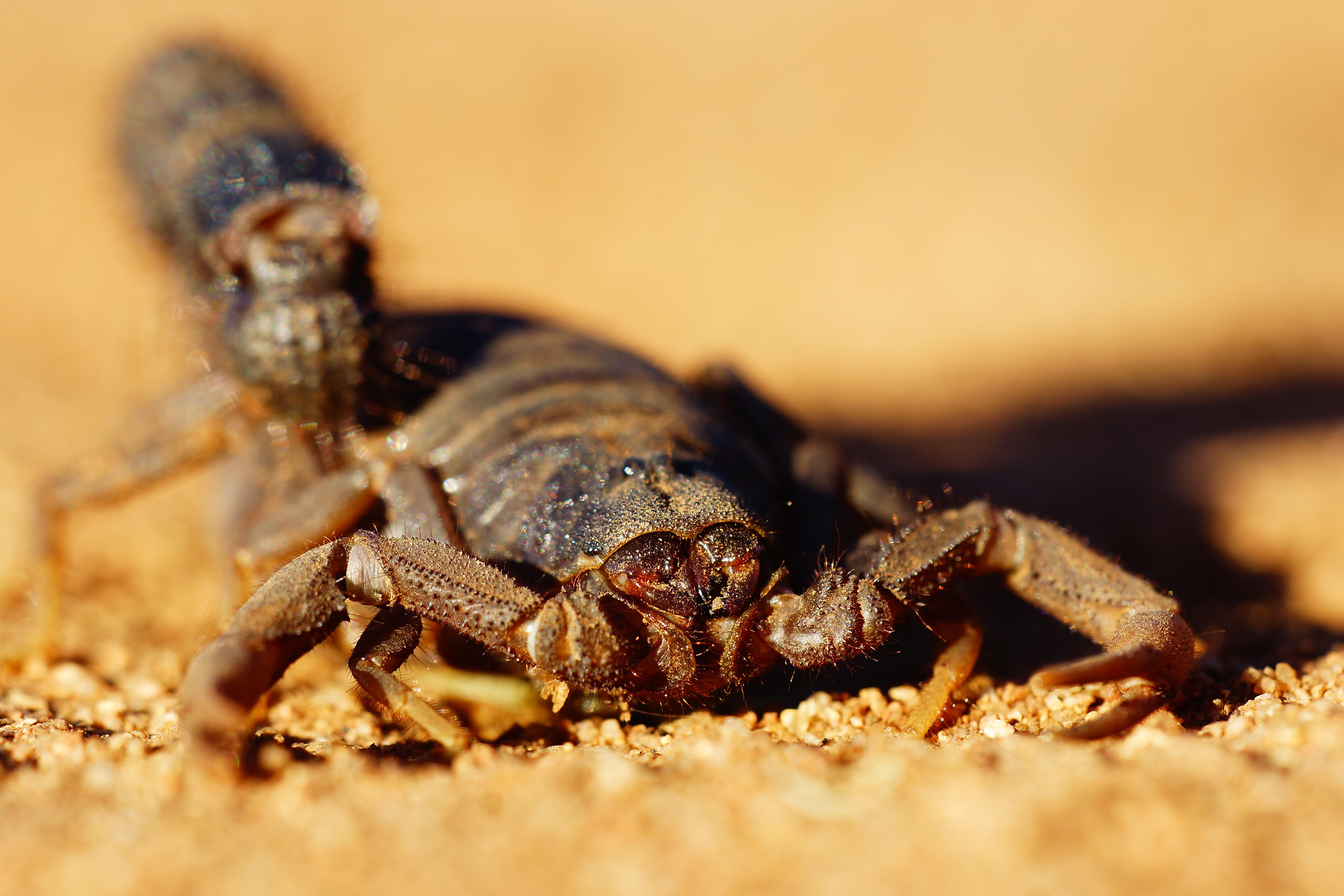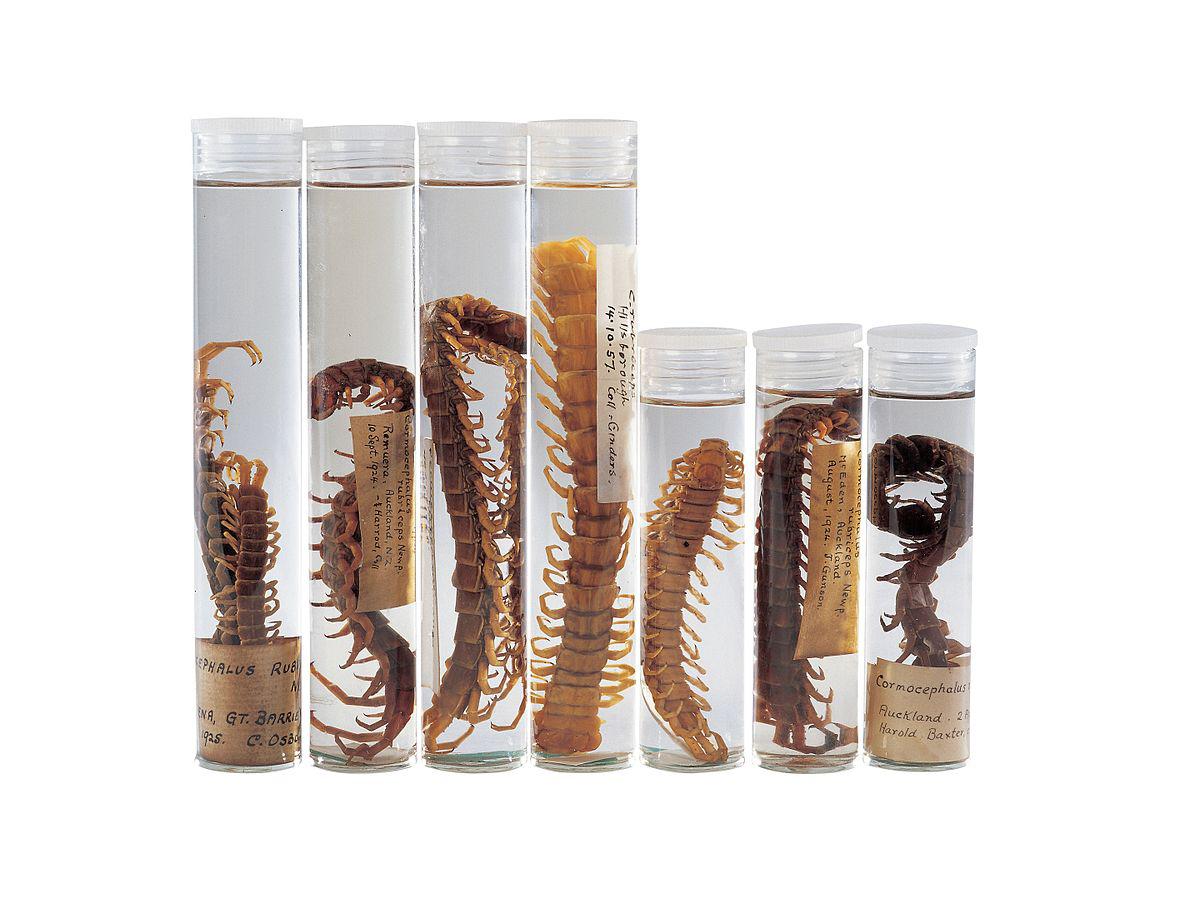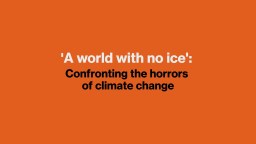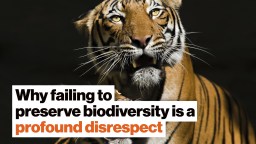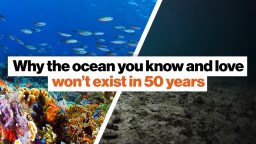ecology
These animals to grow scalpel-sharp and precisely shaped tools that are resistant to breaking.
These enormous centipedes are straight out of science fiction.
Their success is based on us adopting a plant-based diet, too.
Participation in community science programs has skyrocketed during COVID-19 lockdowns.
In a joint briefing at the 101st American Meteorological Society Annual Meeting, NASA and NOAA revealed 2020’s scorching climate data.
Across the world, wildlife is under severe threat.
Carbon locked in soils can be emitted by bacteria. Turning up the heat on them releases more carbon.
Declining bee populations could lead to increased food insecurity and economic losses in the billions.
The complacent majority needs to step up and call for action on climate change.
▸
22 min
—
with
If Arctic ice continues to melt at its projected rate, the bears will go extinct due to starvation by the end of the century according to a first-ever projected timeline.
Stone stackers enjoy the practice as a peaceful challenge, but scientists warn that moving small stones has mountainous consequences.
Scientists are befuddled by where the shark gets most of its food.
Maybe you’ve been wondering if you’re seeing one persistent squirrel or a rotating cast of characters.
Carbon nanotubes embedded in leaves detect chemical signals that are produced when a plant is damaged.
Researchers decoded the love signals of lizards “spoken” through chemical signals.
These pink feathered folk form complex social networks and are choosy about who they spend their time with, according to a new study.
Hundreds more are documented in Robert Macfarlane’s Landmarks.
New research on killer whales may shine a light on the evolutionary power of menopause.
Is the way we choose which animals to protect out of date?
The 385-million-year-old fossils show that trees evolved modern features millions of years earlier than previously estimated.
Thinning forests in the Western United States can save billions of gallons of water per year and improve conservation efforts.
How an environmental theology class opened my eyes—and mind—to my biblical responsibility.
Satellite movie shows clouds of carbon monoxide drifting over South America.
Here are just two of the practical and philosophical crises surrounding biodiversity breakdown.
▸
3 min
—
with
2018’s winter was particularly harsh on U.S. honeybees. What’s causing bee populations to plummet, and what can we do about it?
Are we witnessing evolution in real time?
One often-neglected result of climate change is ocean acidification. If this process continues, we may start to see fewer fish and more jellyfish.
Can sensitive coral reefs survive another human generation?
▸
3 min
—
with
The blood of horseshoe crabs is harvested on a massive scale in order to retrieve a cell critical to medical research. However, recent innovations might make this practice obsolete.
Scientists discovered microbes that have lived on Earth for millions of years.
